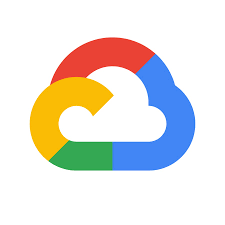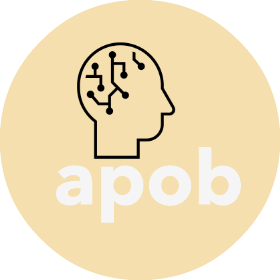| Tool | Best for | Access options | Price | Parent company |
|---|---|---|---|---|
| Dialogflow AI | Conversational AI, virtual assistants | Cloud platform, integrations | Paid, pricing plans | Google Cloud |
Dialogflow AI: Build Intelligent Conversational Experiences
Dialogflow AI is a powerful natural language understanding (NLU) platform developed by Google Cloud. It enables developers to build intelligent conversational interfaces for websites, mobile apps, and Internet of Things (IoT) devices. With Dialogflow AI, you can create virtual agents, chatbots, and voice interfaces that can understand and respond to human language in a natural and contextual manner.
Pros
- Advanced natural language processing capabilities
- Seamless integration with Google Cloud services
- Supports multiple languages and channels
- Easy-to-use visual interface for building conversational flows
- Robust analytics and monitoring tools
Cons
- Can be costly for large-scale projects
- Requires technical expertise for advanced customization
- Limited out-of-the-box functionality for specific use cases
- Steep learning curve for beginners
Key Features
- Natural Language Understanding: Dialogflow AI uses machine learning to understand and interpret human language, enabling natural and contextual conversations.
- Multi-channel Support: Deploy conversational experiences across various channels, including web, mobile apps, messaging platforms, and voice interfaces.
- Integrations: Seamlessly integrate Dialogflow AI with other Google Cloud services, such as Cloud Functions, Cloud Storage, and Translate API.
- Analytics and Monitoring: Gain insights into user interactions, track performance metrics, and monitor the health of your conversational agents.
Pricing and Availability
Dialogflow AI is a paid service offered by Google Cloud, with pricing based on usage and selected features. There is a free tier available for testing and small-scale projects. Paid plans offer increased resource allocation, advanced features, and higher usage limits.






